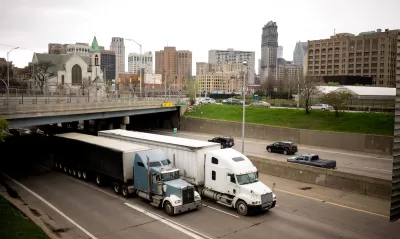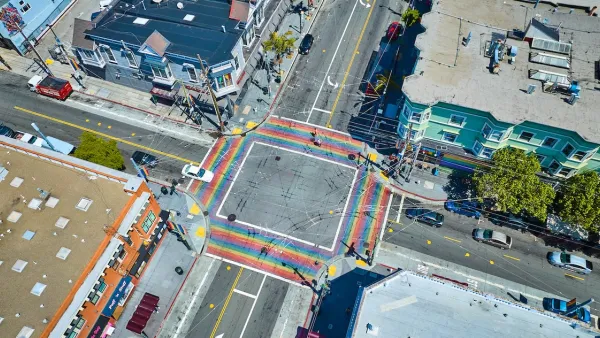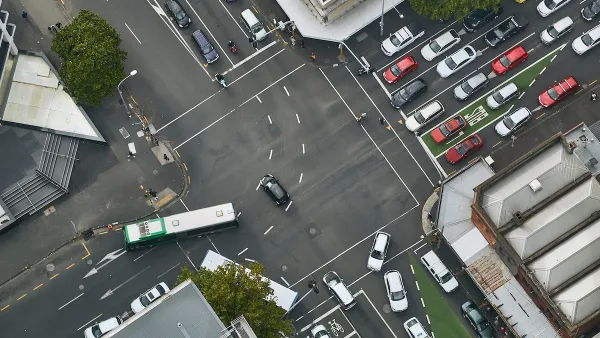Sensors installed along a segment of Interstate 94 could help improve safety, limit speeding, and alert officials to potholes and debris.

The Michigan Department of Transportation (MDOT) and Cavnue, a Washington, D.C.-based technology firm, are launching a “smart road” pilot project designed to make roads safer and traffic flow more efficient.
According to an article by Anne Snabes in The Detroit News, “The pilot is the first stage of a larger project, which envisions a technology-enabled express lane along each direction of I-94 between Ann Arbor and Detroit.”
Snabes adds that “It's one of several examples of how connected vehicle technology is being adopted on roads in Metro Detroit. The Macomb County Department of Roads has set up devices at all of its signalized intersections that will tell future cars information, such as if they're about to run a red light. Oakland County has added these devices to a small number of its intersections, and Wayne County is using technology to track salt trucks.”
The I-94 project involves a special road coating, sensor poles, and fiber installed under the roadway. The sensor poles collect data that will be used to communicate with vehicles to help reduce speeding, alert drivers to pedestrians and cyclists in intersections, and recognize things like debris and potholes in the roadway.
FULL STORY: How Connected Vehicles Are Changing Detroit’s Roads

Planetizen Federal Action Tracker
A weekly monitor of how Trump’s orders and actions are impacting planners and planning in America.

Chicago’s Ghost Rails
Just beneath the surface of the modern city lie the remnants of its expansive early 20th-century streetcar system.

San Antonio and Austin are Fusing Into one Massive Megaregion
The region spanning the two central Texas cities is growing fast, posing challenges for local infrastructure and water supplies.

Since Zion's Shuttles Went Electric “The Smog is Gone”
Visitors to Zion National Park can enjoy the canyon via the nation’s first fully electric park shuttle system.

Trump Distributing DOT Safety Funds at 1/10 Rate of Biden
Funds for Safe Streets and other transportation safety and equity programs are being held up by administrative reviews and conflicts with the Trump administration’s priorities.

German Cities Subsidize Taxis for Women Amid Wave of Violence
Free or low-cost taxi rides can help women navigate cities more safely, but critics say the programs don't address the root causes of violence against women.
Urban Design for Planners 1: Software Tools
This six-course series explores essential urban design concepts using open source software and equips planners with the tools they need to participate fully in the urban design process.
Planning for Universal Design
Learn the tools for implementing Universal Design in planning regulations.
planning NEXT
Appalachian Highlands Housing Partners
Mpact (founded as Rail~Volution)
City of Camden Redevelopment Agency
City of Astoria
City of Portland
City of Laramie





























